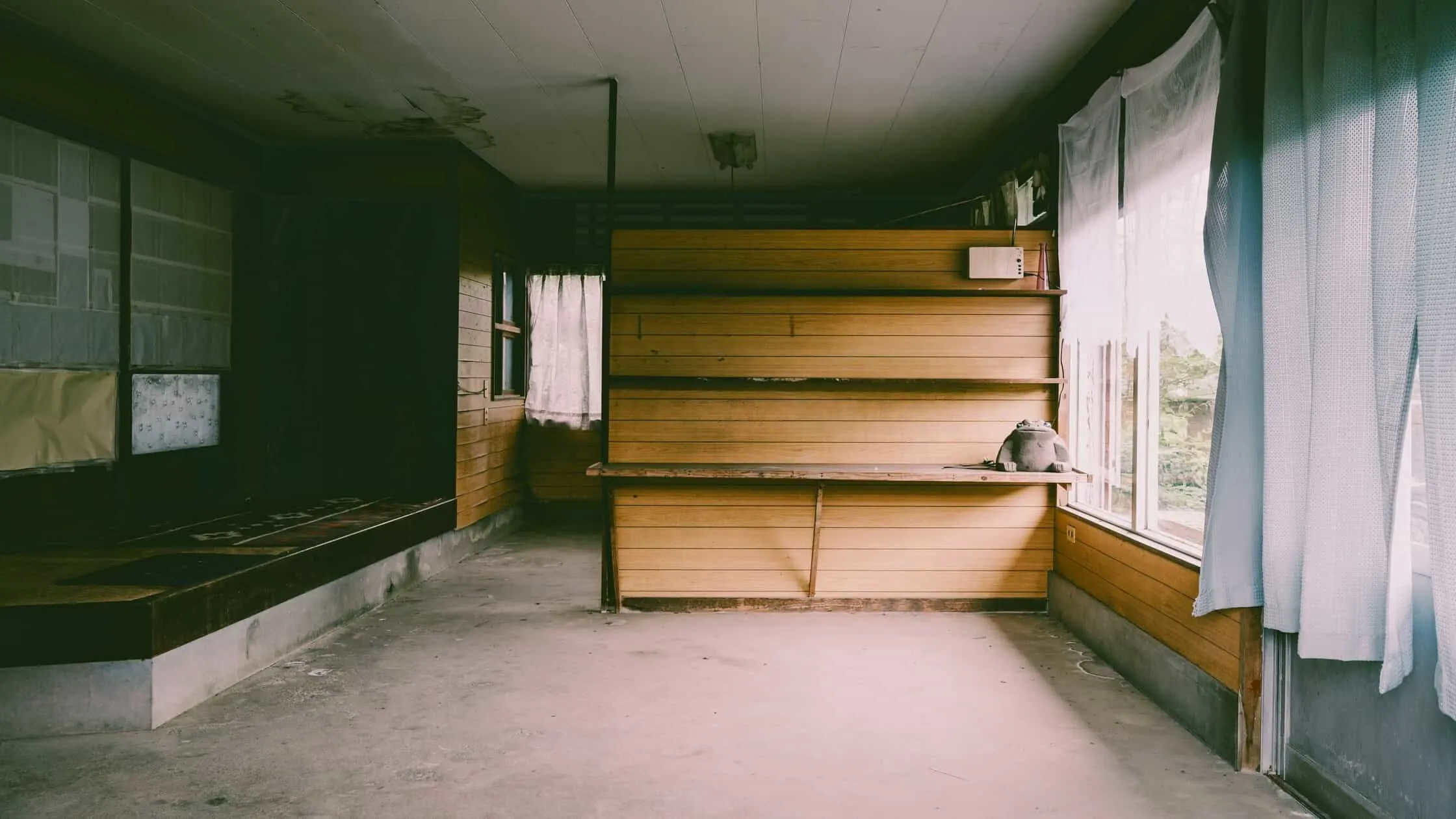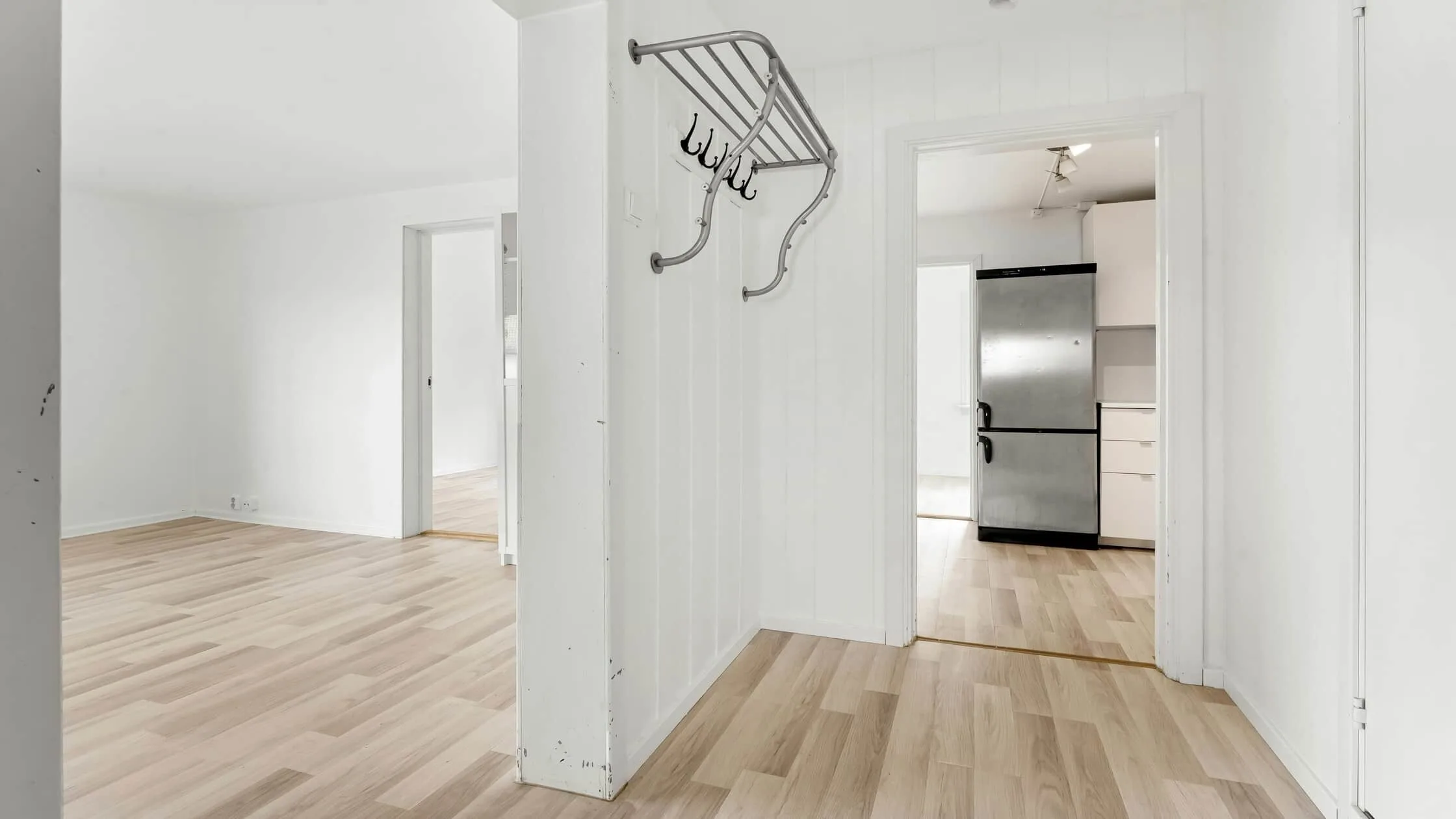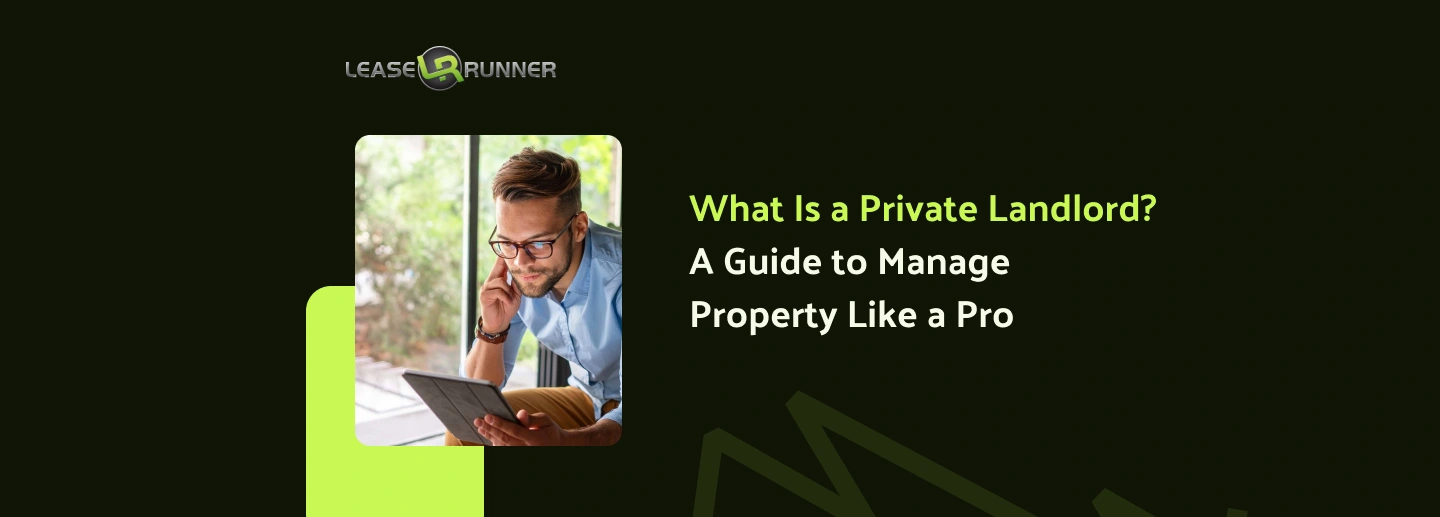Renting out a house for the first time can feel both exciting and hard. Renting out a house for the first time needs careful planning. You must know the key steps to avoid costly mistakes. One of the first steps is to check your home for needed repairs and safety issues. Fixing leaks and smoke detectors helps attract good tenants.
Next is learning about landlord-tenant laws for a first-time landlord. This also means knowing your responsibilities and tenant rights. Screening tenants well is very important. A good tenant background check and checking income help find renters who pay on time. Setting the right rental price based on local homes keeps vacancy low.
Using a clear, written lease agreement template helps avoid disputes. Planning for taxes and understanding tax considerations makes managing money easier. This guide shows the right order for these tasks so you start your landlord journey with confidence.

Quick Facts Table About Renting Out a House For the First Time
Is It Wise to Rent Out Your First Home?

Yes. Renting out a first home can be a practical way to generate passive income, rental property earnings, and build wealth over time. However, this step requires understanding landlord-tenant laws for the first time and assessing financial readiness.
It suits those prepared to handle tenant relations, property management, and legal responsibilities. Being informed about tax impacts, tenant screening, and lease drafting prevents costly mistakes. When done right, renting out a house for the first time becomes a rewarding investment strategy.
Step-by-Step Renting Out a House for the First Time

Starting as a new landlord takes planning and knowledge. Each step ensures your property attracts reliable tenants and protects your investment. From finances to lease agreements and tenant management, this guide covers key actions to set you up for rental success the right way.
Step 1: Check Your Eligibility and Finances
Begin by reviewing mortgage terms and local laws to confirm you can legally rent your home. Assess your finances, including mortgage, maintenance costs, insurance, and taxes. Understand tax considerations such as declaring rental income and deducting expenses like repairs and property management fees.
Research the market to set a fair rental price by comparing homes with similar features in your neighborhood. Pricing too high may lead to long vacancy periods, while setting it too low reduces your income. Utilize expert resources on rental property marketing for tips on competitively pricing your home.
Step 2: Ensure Legal Compliance and Safety
Familiarize yourself with landlord-tenant laws for first-time landlords at the national, state, and local levels. Know rules on security deposits, eviction limits, tenant rights, and rental licenses. Your home must comply with safety standards. Those standards include working smoke detectors and safe electrical systems.
Use a state-specific lease agreement tailored for your jurisdiction. These leases reflect local laws and include necessary clauses to protect your rights and clarify tenant obligations. Access a reliable written lease agreement template to build a legally compliant contract for your tenants.
Step 3: Prepare the Property for Marketing
Enhancing your home’s appeal leads to faster tenant interest. Complete needed maintenance, including fixing leaks, servicing heating or cooling, and replacing broken appliances. Clean thoroughly and consider fresh paint in neutral colors to appeal to broad renter tastes.
High-quality photos and virtual tours on listing sites make your property stand out. Proper marketing is key; learn proven techniques at rental property marketing. Fine-tuning your listing will attract reliable tenant selection faster and help you rent with confidence.
Step 4: Find and Screen Potential Tenants
Screening is critical to avoid bad tenants and first-time landlord problems. Request a complete application with proof of income and employment for verification. Use thorough tenant background check tools for credit, criminal, and eviction history. For guidance, review the checklist at the tenant screening checklist.
Contact previous landlords for tenant reference checks to learn about payment history and property care. Watch for red flags in tenant screening, like unstable jobs or frequent late payments. Employ trusted screening services, such as LeaseRunner tenant background screening to legally and efficiently evaluate tenants.
Step 5: Draft the Tenancy Agreement and Inventory
Create a clear lease that includes rent terms, deposits, maintenance responsibilities, pet policies, and rules. Use a customized written lease agreement template that meets your state’s legal requirements. A strong lease helps prevent disputes and sets expectations upfront.
Prepare a detailed inventory report documenting the condition of the property and including appliances. Conduct a walk-through with tenants at move-in and have both parties sign off on the inventory. This protects against damage claims and builds trust.
Step 6: Finalise Move-in Procedures
Collect the first month’s rent and security deposits according to local law. Hand over keys and go through key parts of the lease and inventory with your tenant. Explain how to report maintenance requests and emergency contacts.
Consider using an online rent system for easy, timely rent payments and record keeping. Platforms like rent collection online offer convenience and reduce the risk of missed payments.
Step 7: Manage the Tenancy
Stay responsive to tenant inquiries and repair needs. Conduct inspections within legal limits to keep the property in good condition. Maintain clear records of payments, maintenance, inspections, and communications.
Review lease renewal options and rental prices annually. If managing the tenancy becomes too demanding, consider the pros and cons of hiring a property manager. A professional can handle tenant issues, legal compliance, and rent collection, allowing you more time with less stress. Learn more about property manager fees and services.
Careful planning and consistent management turn your first rental into a stable, profitable property that grows in value while providing steady income over time. Following this guide will help you confidently navigate the challenges of renting out a house for the first time with success.
5 Tips for Landlords when Renting Out a House for the First Time
Being a first-time landlord can be exciting yet challenging. You want to earn rent safely without costly mistakes. These five tips come with real-world stories and clear actions. They help you follow state landlord-tenant regulations while building solid tenant relationships.
1. Fix Safety Issues Completely and Keep Detailed Records

Ignoring repairs is risky. One landlord ignored tenant warnings about broken wiring. A fire happened, and the landlord had to pay expenses for injuries and damage. Court records showed the landlord knew about the problem and hadn’t fixed it on time.
More importantly, getting a licensed inspector for a full home inspection before renting is a must. Test smoke alarms, locks, and plumbing. Document all issues with photos and reports. Understanding your repair duties keeps you safe legally.
Insurance is also key. Most homeowners' insurance does not cover tenant-related damage. You need rental property insurance coverage. Learn more about the differences in this detailed landlord vs homeowner's insurance guide.
2. Price Your Rental Right Using Market Data
Setting rent too high leads to vacancies and lost income. A Florida landlord priced a house $200 above the area average. It stayed empty for two months, causing $3,800 loss in rent and related costs.
Setting the wrong rental price can seriously affect profit. Consider a recent case in Florida: after listing a unit $200 above the local average, a landlord faced two months with no tenants, totaling $3,800 in losses from missed rent, cleaning, and utilities. The lesson is to leverage local data for pricing, consult agents, and use online calculators.
If you want to dig deeper into pricing strategy, this accessible explainer on how much rent you should charge shows step-by-step market comparisons for different U.S. neighborhoods.
Consider offering long-term lease benefits, such as reduced rent for extended terms, which often reduce turnover and foster stable tenant relationships. These strategies can help when renting out a house for the first time.
3. Screen Tenants Thoroughly to Avoid Risks
Skipping tenant checks often leads to late payments or damage. A property management company once rented to tenants without checking their income or past records. The tenants stopped paying, leaving damage that cost thousands in repairs.
- Always run a tenant credit check for landlords and verify job income before you rent. Use trusted services like LeaseRunner tenant screening for fast, legal checks.
- Call previous landlords for references. This list of what to ask for tenant references helps you learn about payment history and care for the unit.
- Watch out for red flags in tenant screening, like eviction history or inconsistent jobs.
Remember, fair and legal screening means following the Fair Housing Act rental compliance rules.
4. Use Clear and Legal Lease Agreements
Lease disputes often follow unclear contracts. For instance, a UK landlord sought repainting costs for smoke damage. Since their lease lacked clear smoking rules, the tenant only paid a fraction.
- Always use detailed lease templates adjusted to your state’s laws. These cover pets, deposits, repairs, and subletting rules.
- Find easy-to-use, compliant examples here: state-specific lease agreement templates.
- Complete a move-in inspection checklist with your tenant, noting the property’s condition and any flaws. Both sign it to avoid later disputes.
If issues arise, visit the LeaseRunner for the best advice tailored to your problem.
5. Organize Finances, Build Cash Reserves, and Insure Properly
Financial mistakes can ruin rental profits. An Australian landlord lost $20,000 by not having proper rental property insurance coverage after tenants caused damage.
- Use software like Excel or QuickBooks to track rent income and repairs. Keeping records aids in tracking rental income and expenses and helps with tax filing.
- Always keep cash reserves for vacancies and repairs equal to about three months’ rent to handle emergencies.
- For safety, hire a tax advisor to avoid missing deductions and to handle rental tax considerations correctly.
Taking these steps shows how to manage the tricky parts of renting out a house for the first time effectively. For more useful tips on becoming a landlord and running your rental well, check out this guide on how to become a landlord.
What Warning Signs Should You Watch for in Rental Leases?

Becoming a landlord for the first time means careful attention to rental leases. When renting out a house for the first time, spotting key warning signs in leases helps protect your investment. Clear, fair leases lower the chance of future problems. Here is what to watch for in your lease agreements.
First, avoid leases that are unclear or incomplete. Essential terms include rent amount, due date, late fees, deposit rules, maintenance responsibilities, and pet policies. Missing these details causes confusion and later disputes.
For example, a lease without clear late fee terms might let tenants delay payments without penalty. New landlords should use a written lease agreement template designed for their state. These templates follow state-specific lease agreement laws and protect landlords better.
Next, check for odd clauses that limit your rights. Some leases give tenants too much freedom—for instance, allowing them to sublet without approval or barring you from regular inspections. These clauses risk damage or unauthorized occupants. Also, the lease should state when you may enter the unit—for inspections or repairs—to balance tenant privacy with your landlord duties.
Be cautious if the lease demands unusually high deposits or fees. Some scams ask for large upfront payments. Others may reflect tenants who often damage properties. To avoid falling for scams, consult this helpful article on how to spot rental property scams.
Leases that neglect clear rent collection methods make getting paid hard. Landlords new to rental should use tools like the LeaseRunner’s online rent collection system to automate payments. Also, think about the pros and cons of hiring a property manager who handles leases, collections, and disputes professionally, making landlord life easier.
Using clear, legal leases helps avoid bad tenants' first-time landlord issues. Strong leases establish your rules and build good renter relationships for lasting, passive income rental property success.
What to Do After Your First Tenant Moves In?
Renting out a house for the first time can feel rewarding yet stressful. Once a tenant signs the written lease agreement template and moves into your property, the true test of being a landlord starts. Managing the tenancy well is just as important as securing a reliable tenant selection in the first place. Below are essential steps with detailed examples and extra advice to help first-time landlords succeed.
Conduct a Move-In Walkthrough
A proper move-in walkthrough sets clear expectations from the start. Schedule a time on the day the tenant takes possession to walk through each room together. Note the condition of walls, flooring, appliances, and fixtures. Use photos or videos and store them with written notes.
For example, if you see a small scratch on hardwood or a minor dent in the refrigerator, record it carefully. This documentation prevents disputes later if damage occurs.
Many state-specific lease agreements even require landlords to provide tenants with an official condition checklist. Consider offering the tenant a copy to sign. This not only adds transparency but also complies with landlord-tenant laws that first-time landlords need to follow to avoid liability.
Schedule Regular Inspections
Staying involved does not stop after move-in day. Plan quarterly inspections to protect your investment. Provide tenants 24–48 hours’ written notice before entering. During a visit, look for issues like water leaks under sinks, malfunctioning appliances, or signs of pests. For example, noticing a slow-draining bathroom sink early can prevent an expensive plumbing bill later.
Inspections also ensure tenants follow lease terms. If the lease prohibits smoking or pet ownership, a quick visit can confirm compliance. To avoid misunderstandings, remind tenants at lease signing that inspections will occur. In some landlord-friendly states, quarterly visits are the norm, but always review your local law to confirm.
Build Strong Tenant Relationships
A healthy landlord–tenant relationship creates less turnover. Respond promptly when tenants request repairs or maintenance. For instance, if a tenant reports a broken heater in winter, arrange a service visit within 24 hours. When tenants feel heard, they are more likely to renew and take better care of the home.
Communication also extends beyond repairs. Share reminders about lawn care, trash collection, or seasonal maintenance tasks. For example, sending a friendly reminder to change HVAC filters every three months not only maintains the unit but also keeps utility bills lower for tenants.
Trust grows when tenants see the landlord as reliable. That reliability often begins before move-in. A tenant background check, including ways to verify tenant income and employment, evaluates the tenant’s ability to pay rent. Pair income verification with tenant reference checks to confirm rental history.
For advice on screening tools, check out the portable tenant screening report or review details about credit score vs credit report. These checks protect new landlords from common red flags in tenant screening. For example, false employment details or unpaid rent history can be avoided.
Additional Advice for First-Time Landlords
When you rent out a house for the first time, tasks extend well beyond tenant screening and rent collection. Here are several useful tips:
- Insurance Requirements: Require tenants to carry renters’ coverage. Learn more about what’s included in renters’ insurance coverage. This protects tenants’ belongings and reduces disputes after unexpected events like water damage.
- Rent Collection: Crafting a streamlined and convenient rent collection process from the very beginning is crucial. While options like online payments are an excellent way to simplify things, it's also worth exploring a variety of other secure rent-collecting methods to find what works best for you and your tenants.
- Tax Considerations: When you rent out a house for the first time, consult with a tax advisor. Rental income must be declared, but you may also deduct property taxes, mortgage interest, and repair costs. Keeping receipts for repairs and upgrades pays off during tax season.
- Rental Price Strategy: Ensure your rental price matches the local market. Overpricing your property may keep it vacant, while underpricing reduces income. Research similar properties nearby to make fair comparisons.
- Lease Agreement Compliance: Use a state-specific lease agreement to ensure compliance with local landlord-tenant laws. Templates provide structure, but tailoring them based on your state avoids future disputes.
- Handling Fees: When preparing the rental, some ask who pays certain costs, such as broker fees. You can find guidance on who pays the broker fee. Another important consideration is the rental application fee. Before you charge a prospective tenant, it's essential to understand the rules and regulations that apply in your state. To ensure you are compliant and avoid potential legal issues, you can learn more about the specific guidelines and legal limitations.
Conclusion
Renting out a house for the first time can be challenging, but following the 10 essential steps helps reduce risks and boost your returns. Start by ensuring safety with thorough inspections and fixing hazards. Know your legal duties by learning federal, state, and local landlord laws to avoid fines or lawsuits.
Use smart market research to set a fair rent that attracts tenants quickly. Screen tenants carefully to reduce late payments or damage. Maintain clear lease agreements and set up reliable rent collection systems. Keep your property well-maintained and stay organized with finances and taxes.
Building good tenant relationships through clear communication also helps. For more guidance, explore detailed resources on things to do before renting out your house, tips for becoming a landlord, and how to lease out a house effectively. These steps form the foundation for a successful rental business.
FAQs
Q1. Should I Allow Pets in My Rental Property?
Allowing pets can attract more tenants and reduce vacancy times. Many renters look specifically for pet-friendly rentals, which can help you fill your property faster. To protect your investment, charge a non-refundable pet fee between $200 and $500. Require tenants to have renters' insurance that covers pet-related damages.
Q2. How Much Should I Budget for Vacancies and Repairs?
Plan to save 3 to 6 months’ rent to cover vacancy periods. Set aside about 1% of your property’s value each year for repairs and maintenance. For example, if your home is worth $200,000, budget $2,000 annually for upkeep. This helps cover unexpected fixes and keeps your rental in good condition.







